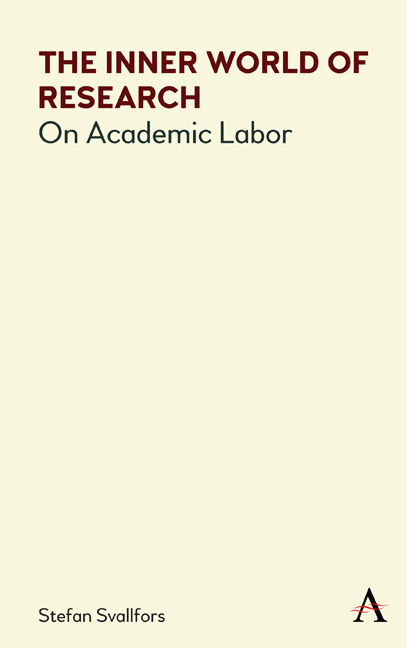The Cathedral on the Plain
Published online by Cambridge University Press: 28 February 2020
Summary
An old legend tells of how Chartres cathedral was struck by lightning and burned to the ground. People flocked in their thousands from different directions like a vast procession of lemmings from all four corners of the world. All kinds of people came and together they rebuilt the cathedral on the old foundations. They lived their lives by the enormous edifice until it was complete – master builders, labourers, artists, jesters, nobles, prelates and citizens – but they remain anonymous; to this day, no one knows the names of those who built the cathedral of Chartres.
[…] So if someone asks me what I would like the purpose of my films to be I could reply: I want to be one of the artists in the cathedral on the great plain. I want to sculpt from the stone a dragon's head, an angel or a devil, or perhaps a saint, it matters not which; I derive such satisfaction from all manner of things. No matter if I’m a believer or not, no matter if I’m a Christian or a heathen, I help to build the cathedral because I’ve learnt to form faces, limbs and bodies from stone.
I also want to help build the cathedral on the great plain. I want to use my abilities because I have them, because I am good at what I do and because it gives me a deep sense of satisfaction. I never think of ‘citation index’ or ‘impact factor’ when I solve research problems or translate nebulous thoughts into coherent text. What I think of is how the dragon's head can emerge from the stone.
These qualities – my professional aptitude and professional pride – I want to safeguard. Cultivate, exercise, talk about. I want to shield them from the malice that can blight academia, malice by which people impede and oppress each other. Destroy each other's potential. I also want to shield them from those who seek to turn us into pawns in the knowledge war, fought in order that our research nation may triumph (over whom and why is unknown).
It is not my intention to make my own lifestyle somehow prescriptive. Maybe you, dear reader, wish to live a completely different life to the one I have done
Information
- Type
- Chapter
- Information
- The Inner World of ResearchOn Academic Labor, pp. xi - xviPublisher: Anthem PressPrint publication year: 2020
